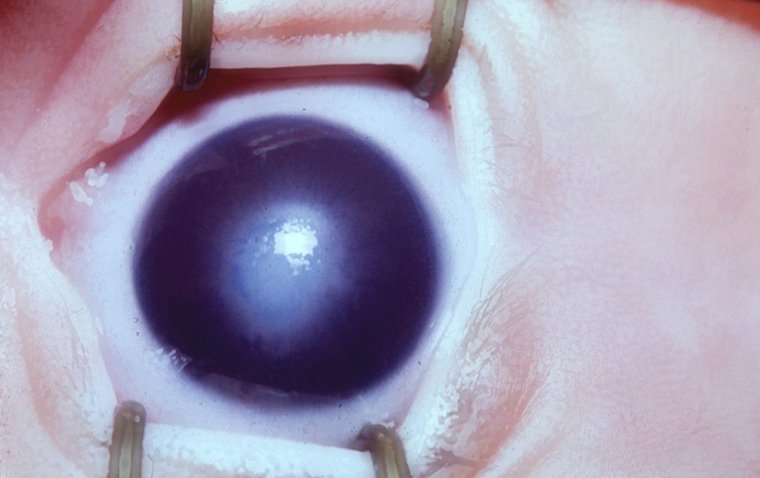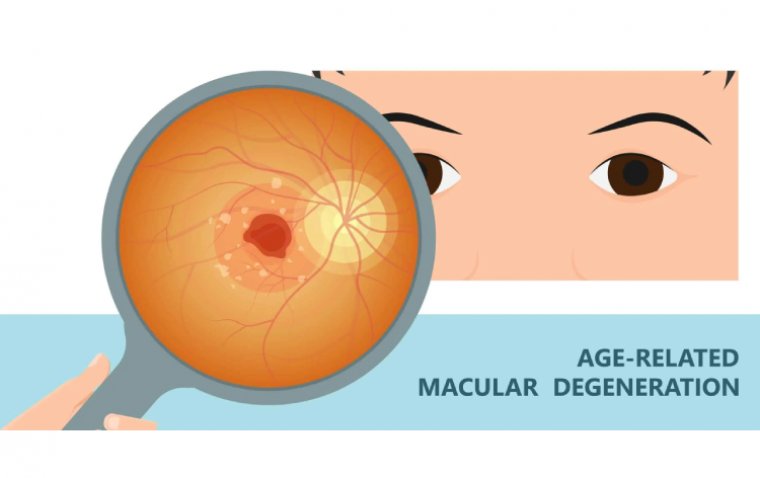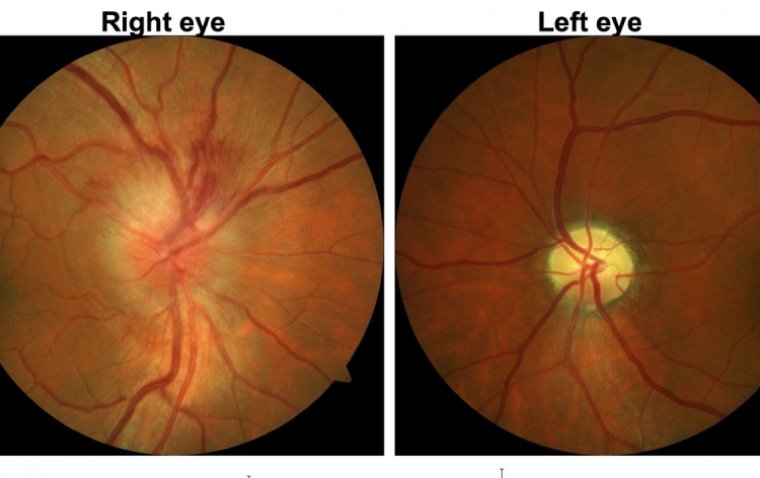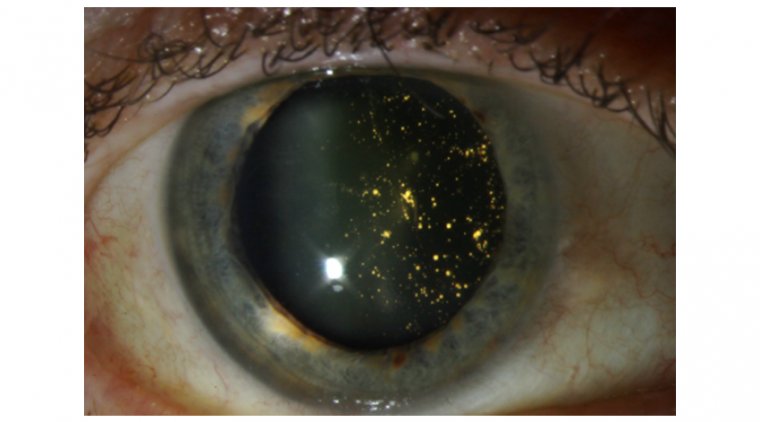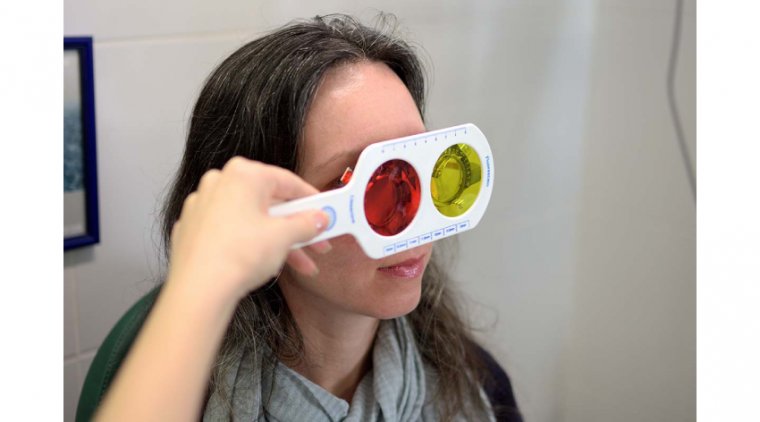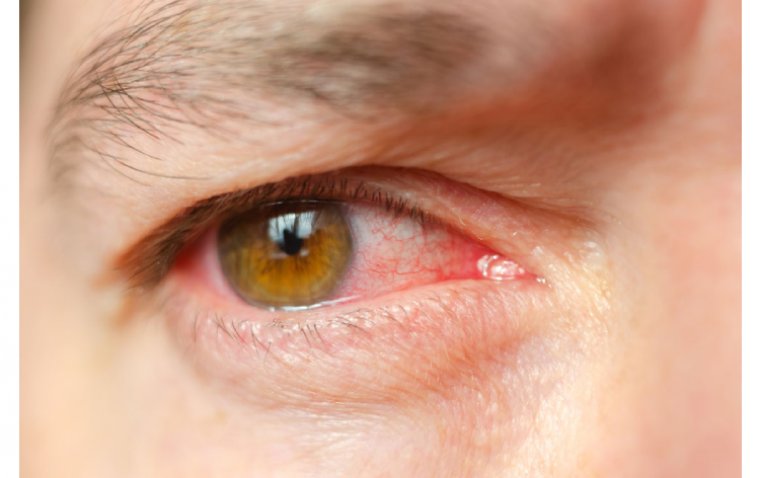
Top 5 Natural Remedies for Eye Infections
Eye infections are a common problem that affects people of all ages. They can be caused by viruses, bacteria, allergens, or environmental irritants. While prescription medications may be necessary in some cases, natural remedies can also be effective in treating mild eye infections. In this article, we'll explore the top 5 natural remedies for eye infections and how they work.
1. Tea Bags
Using tea bags for eye health can have multiple benefits due to the presence of antioxidants and other beneficial compounds in tea. Start by brewing a tea bag in hot water and let it cool down to a comfortable temperature. Once the tea bag has cooled, gently place it over your closed eyes and relax for 10-15 minutes. The antioxidants in tea, such as black or green tea, can help protect the eyes from damage caused by free radicals, which can lead to age-related eye diseases.
The anti-inflammatory properties of tea can also help reduce redness and irritation in the eyes. Additionally, the caffeine in tea can help improve blood flow to the eyes, which can reduce puffiness and dark circles. Using tea bags for eye health is a natural and effective way to support the health of your eyes and improve their appearance.
.jpg)
2. Saline Solution
Saline solution is a simple and effective way to flush out any irritants or debris that may be causing an eye infection. Mix a teaspoon of salt with a cup of warm water and stir until the salt dissolves. Dip a clean cloth or cotton ball into the solution and gently wipe around the eye. Be sure to use a fresh cloth or cotton ball for each eye to prevent the spread of infection.
Saline solution is also a safe and gentle way to clean contact lenses, as it doesn't contain harsh chemicals that can damage the lenses. However, it's important to note that saline solution should not be used as a substitute for medication or professional medical advice. If you experience persistent eye irritation, pain, or vision problems, it's best to consult with an eye doctor as it may be a symptom of a more serious condition.
3. Chamomile
Chamomile can be used for eyes in a few different ways. One simple method is to brew a cup of chamomile tea, allow it to cool, and then use a cotton ball or clean cloth to apply the tea to closed eyelids. This can help soothe and refresh tired eyes. Chamomile tea bags can also be used as a warm compress.
Simply brew a cup of chamomile tea, remove the tea bags, allow them to cool, and then place them over closed eyes for 5-10 minutes. The warmth from the tea bags can help promote blood flow and reduce inflammation. Additionally, chamomile essential oil can be diluted with a carrier oil and used as an eye drop to help reduce redness and inflammation. However, it's important to consult with a healthcare provider before using any essential oils in or around the eye area.
.jpg)
Raw honey is important for eyes because it has natural anti-inflammatory and antibacterial properties that can help reduce inflammation, fight infection, and soothe irritated eyes. It also contains antioxidants that can protect the eyes from oxidative stress and free radical damage.
To use raw honey for the eyes, mix a teaspoon of raw honey with a cup of warm water and stir until the honey dissolves. Dip a clean cotton ball in the mixture and gently apply it to your closed eyes. Leave it on for a few minutes, then rinse your eyes with cool water. Be sure to use raw honey rather than processed honey, which may contain added sugars.
(1).jpg)
5. Cold Compress
Cold compresses are a simple way to improve eye health and alleviate a variety of eye-related problems. Start by placing a clean, damp washcloth in the refrigerator for 30 minutes to an hour. Once the washcloth is cold, place it over your closed eyes and relax for 10-15 minutes. The cold temperature of the compress can also help reduce swelling and inflammation in the eyes, which can be especially helpful for those who suffer from allergies or sinus problems. It can also help alleviate the symptoms of dry eye syndrome and other conditions that cause eye discomfort.
Natural remedies can be a safe and effective way to treat mild eye infections. However, it's important to consult with a healthcare provider if symptoms persist or worsen. Additionally, it's important to practice good hygiene and avoid touching or rubbing your eyes to prevent the spread of infection.
(1).jpg)

